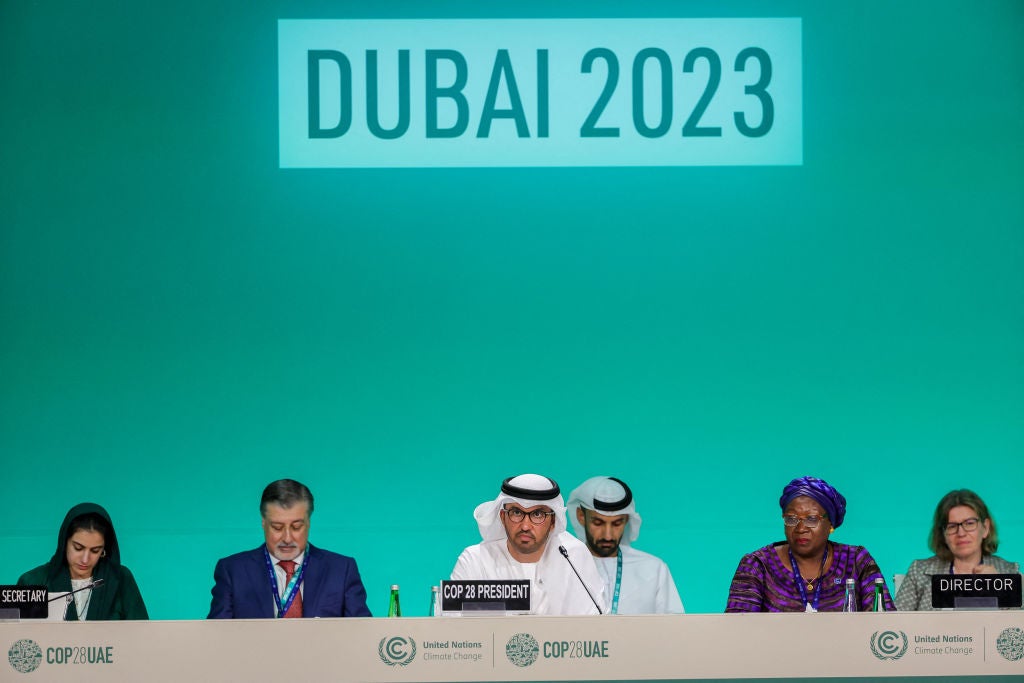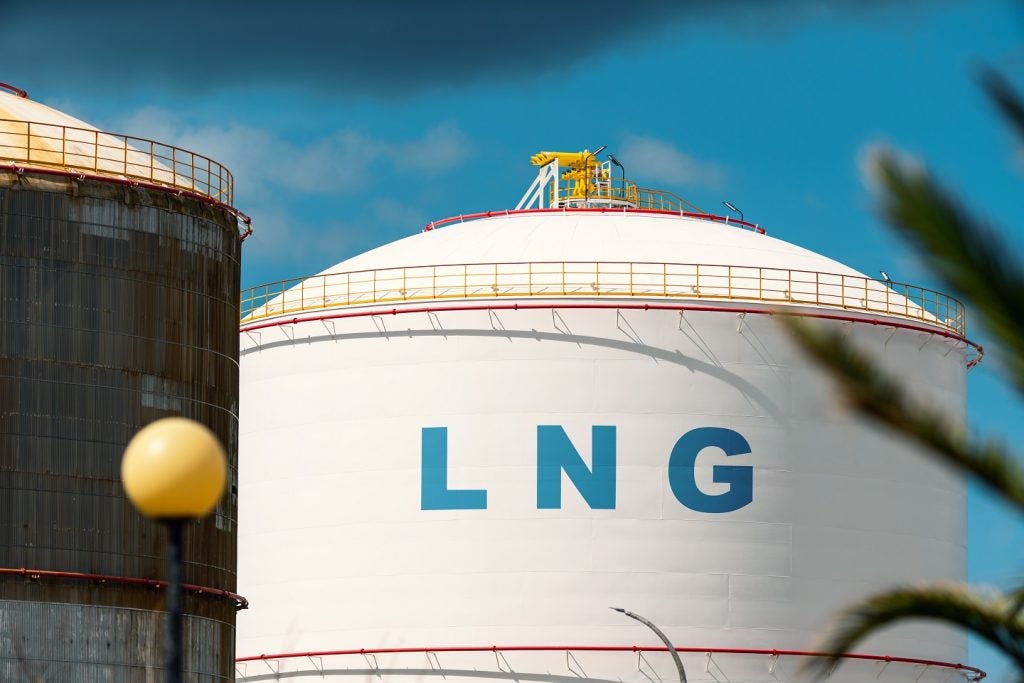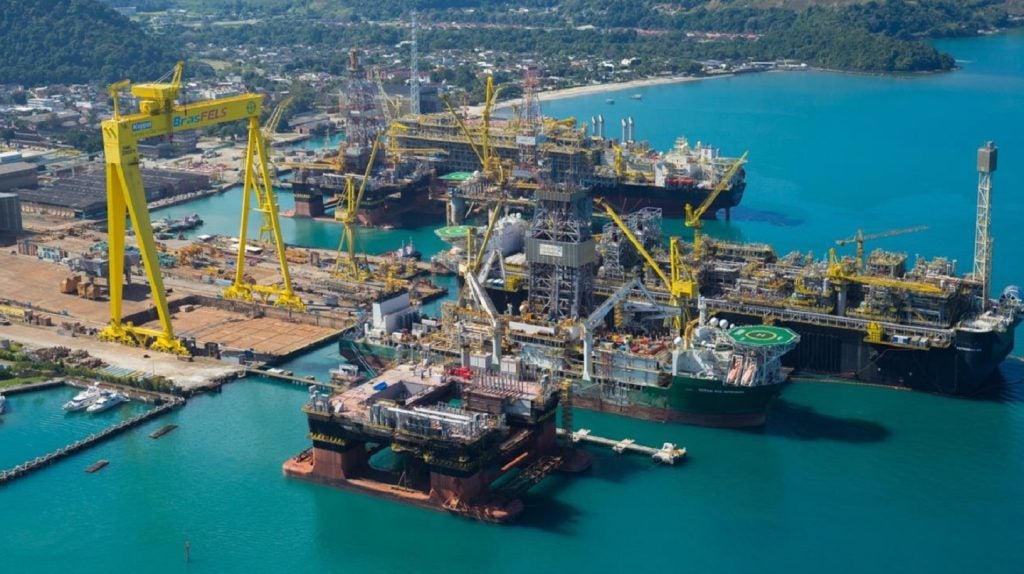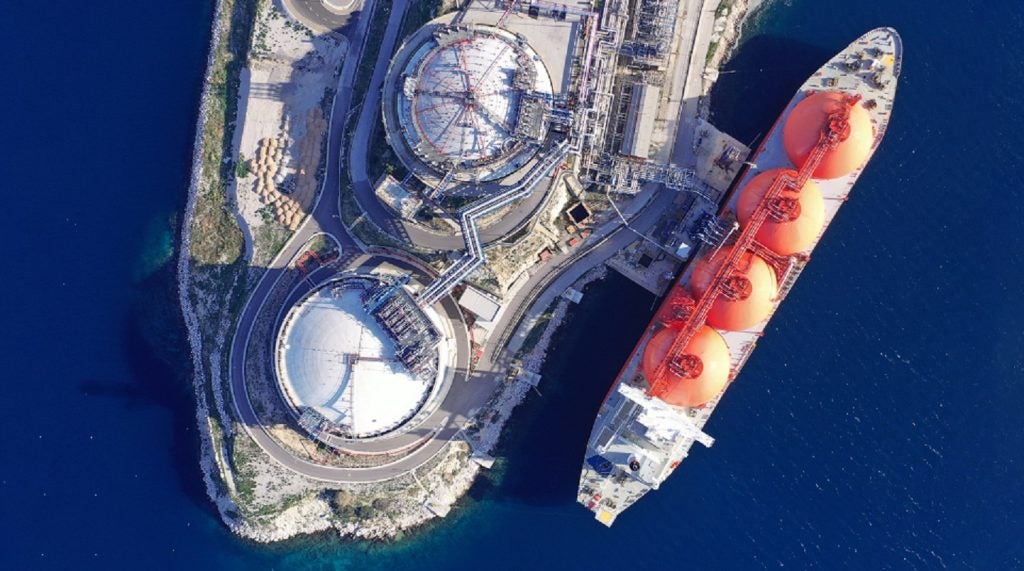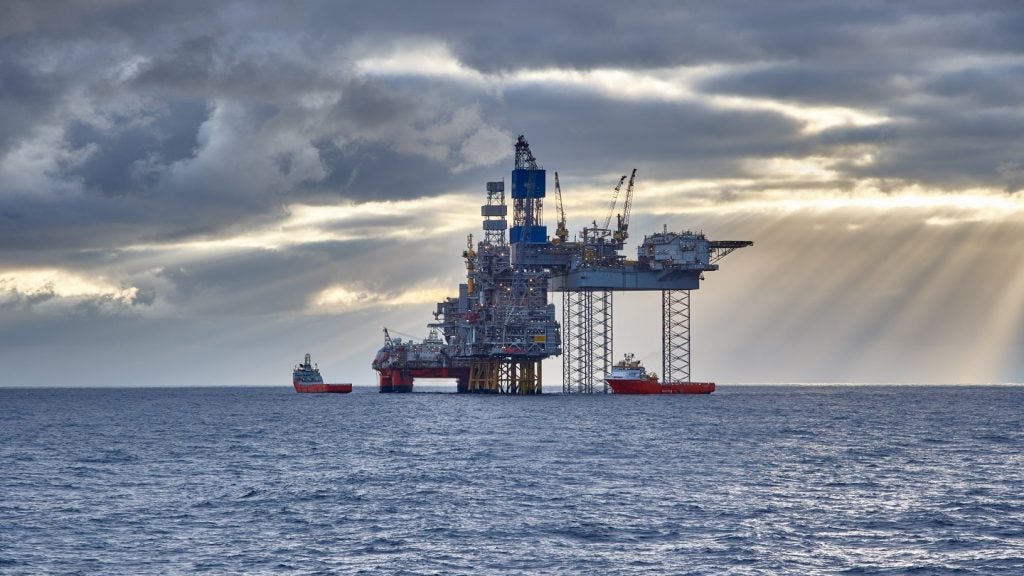UN climate summit COP28 president Sultan Ahmed Al Jaber has claimed that there is “no science” behind calls to phase out fossil fuels as a necessary means to limit the impacts of climate change, as controversies at this year’s talks continue to come thick and fast.
Al Jaber also said that a complete phase-out of fossil fuels would not pave the way for sustainable development “unless you want to take the world back into the caves”.
The comments came from poorly judged responses to questions from Mary Robinson, chair of international human rights organisation the Elders group, former Irish president, and a former UN special envoy for climate change, at a live video event on 21 November, just before the COP summit began.
Al Jaber is also the CEO of UAE state-owned oil major Adnoc, a position that has raised serious concerns over conflicts of interest between COP28’s purpose, which is to generate an agreed-upon global roadmap for the phasing out of fossil fuels, and Al Jaber’s personal relationship with the fossil fuel industry.
More than 100 countries currently support a complete phase-out of unabated fossil fuels over the coming decades. There are questions over whether final agreements signed at COP will maintain the term “phase-out” or use more diluted and ambiguous language, such as “phase-down”.
At the online She Changes Climate event, Robinson pressed Al Jaber to explicitly commit to a fossil fuel phase-out, saying: “We’re in an absolute crisis that is hurting women and children more than anyone … and it’s because we have not yet committed to phasing out fossil fuel. That is the one decision that Cop28 can take and in many ways, because you’re head of Adnoc, you could actually take it with more credibility.”
Sounding frustrated, Al Jaber replied: “I’m not in any way signing up to any discussion that is alarmist. There is no science out there, or no scenario out there, that says that the phase-out of fossil fuel is what’s going to achieve 1.5C.”
After being challenged further by Robinson on the fact that Adnoc is continuing to pour money into new oil and gas developments, Al Jaber said: “Please help me, show me the roadmap for a phase-out of fossil fuel that will allow for sustainable socioeconomic development, unless you want to take the world back into caves.”
His comments stand at odds with overwhelming scientific evidence from international climate and energy bodies, including the UNFCCC, the International Energy Agency, and the Intergovernmental Panel on Climate Change, that a rapid phase-out of fossil fuels is essential to slowing down climate change.
An “extraordinary, revealing, worrying and belligerent exchange”
Climate scientists have called the comments from the COP president “incredibly concerning” and “verging on climate denial”. They are also at odds with the stance of UN Secretary General António Guterres, who has consistently called for a rapid transition away from fossil fuels if the world is to limit global warming to below 1.5C.
Guterres told COP28 delegates on Friday: “The science is clear: The 1.5C limit is only possible if we ultimately stop burning all fossil fuels. Not reduce, not abate. Phase out, with a clear timeframe.”
Bill Hare, the chief executive of Climate Analytics, told the Guardian: “This is an extraordinary, revealing, worrying and belligerent exchange. ‘Sending us back to caves’ is the oldest of fossil fuel industry tropes: it’s verging on climate denial.
“Al Jaber is asking for a 1.5C roadmap – anyone who cares can find that in the International Energy Agency’s latest net zero emissions scenario, which says there cannot be any new fossil fuel development. The science is absolutely clear [and] that absolutely means a phase-out by mid-century, which will enhance the lives of all of humanity.”
Dr Friederike Otto of Imperial College London, UK, said: “The science of climate change has been clear for decades: we need to stop burning fossil fuels. A failure to phase out fossil fuels at COP28 will put several millions more vulnerable people in the firing line of climate change. This would be a terrible legacy for COP28.”
A spokesperson for the summit defended Al Jaber’s comments, saying that he is “quoting the science”.
“The IEA and IPCC 1.5C scenarios clearly state that fossil fuels will have to play a role in the future energy system, albeit a smaller one,” he said. The IEA has called for “huge declines in the use of coal, oil and gas… phasing out all unabated coal and oil power plants by 2040” and no new oil and gas developments starting immediately.
The language surrounding the “phase-out” and “phase-down” of unabated fossil fuels is complicated further by the lack of commercial success to date of emissions abatement technologies, such as direct air capture or carbon capture and storage (CCS). In June, Guterres criticised the ongoing focus on CCS by oil and gas companies and some governments as greenwashing.
“The problem is not simply fossil fuel emissions. It is fossil fuels, period,” he said.
[Link src="https://www.offshore-technology.com/all-newsletters?utm_campaign=Verdict%20COP28%20Newsletter%20Subscriptions%20Website&utm_source=GDM%20COP28&utm_medium=Offshore%20Tech" title="Don’t miss our coverage of COP28! Subscribe here for exclusive insights & analysis." font-size="20px"]

